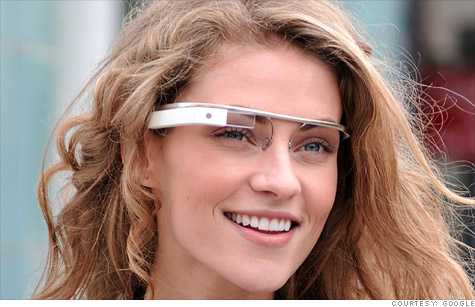Well they continue to emerge rumors suggest that Google is working on a separate viewer virtual reality, a rumor that sounded very much earlier this year and we talk that the company was preparing a very aggressive strategy to enter the field of virtual reality. Something that ultimately led to what we have seen with Daydream is more an upgrade to a revolutionary idea Cardboard compete against HTC Oculus or even was talk that the project had been canceled.
Now with Daydream View on stage it seems Google is taking up the project that had started earlier this year, which seems to be an independent center that would blend augmented reality virtual, something very similar to what we have seen with HoloLens of Microsoft. And today we have new data tell us that the project is back on track and we even have the first characteristics.
The key: Virtual reality independent
As we know, today we have on the market a true experience of virtual reality independent, since both Oculus and HTC rely on a computer, pSVR a PS4, and in the case of the Gear VR, Cardboard and Daydream View need necessarily a smartphone, so eventually experiences are not within the hull, but come from an additional device.
Of course this will change in the next few years as technology evolves, even as we have the case of Oculus who announced his visor ‘Santa Cruz’, which still has no release date and its greatest novelty will be precisely to be independent, to give way what they have called “virtual reality mid-range”.
You may also like to read another article on DuckysDesktop: Daydream View, mobile virtual reality Google is no longer cardboard
According to information collected, Google is developing a “viewer virtual reality high end”, where the biggest news would be that both the processor and the graphics would be integrated to the hull, so that an additional device is not needed as a computer or smartphone. This viewer would be independent development of Daydream View.
Among its features we would find cameras for eye tracking, which together with external and algorithms sensors, allow to place ourselves in the space of the room and interact within the virtual world mixed with reality, an idea that sounds a lot like what has shown Magic Leap, technology that Google is also investing.
It will certainly be interesting to see what they have prepared Google in this area where we have increasingly more players, a project that seems to go very seriously and has even been approved by the FCC, so we could be closer than we think.

